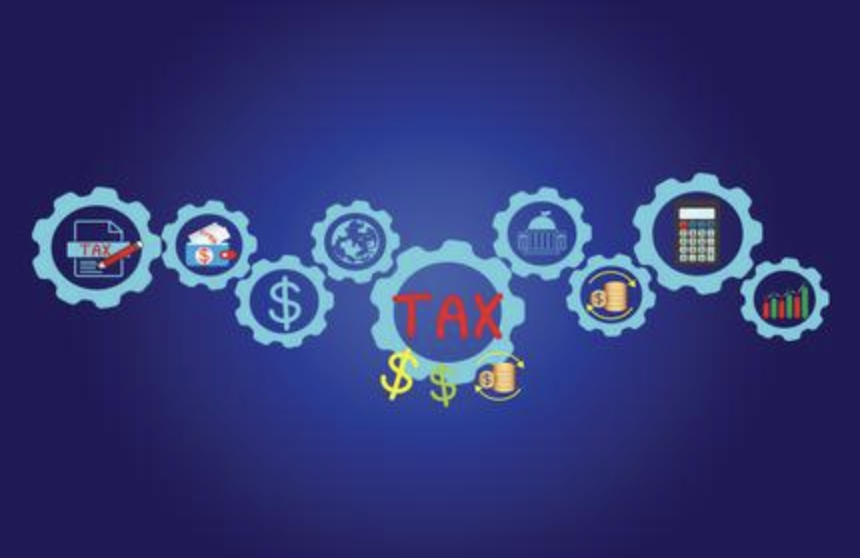
Receiving the first paycheck after earning a degree can be almost as exhilarating for recent college graduates as receiving the certificate itself. But it also poses a problem: How should those monies be managed in light of the numerous demands on a young person's budget?
To assist this year's college graduates in successfully launching their financial life, we invited five financial experts to provide their best personal finance tips. They stated the following.
FIND YOUR BUDGETING STYLE
Erin Lowry, author of the "Broke Millennial Workbook," advises sitting down with a pen and paper rather than following the most recent budgeting craze on TikTok to determine how to divide your money among needs, wants, and everything else. Write down your major expenses, she advises.
You can then determine what non-essentials fit in after taking into account major expenses like rent, car payments, and food. You might wish to adopt a dog, go out to dinner with pals, or buy new work clothes, suggests Lowry.
"Writing out the budget helps you decide what you can afford and when," she explains.
"We view budgets as stifling regulations that prevent us from having fun, but you should view them as a means of exercising control over how your money is spent. If you don't know, you've given up all power, argues Lowry.
FACTOR IN TAXES
You might have less take-home money than you thought, according to Melissa Jean-Baptiste, a financial educator and the author of the book "So... This Is Why I'm Broke." She says it's simple to forget to factor in taxes. That sum may be further reduced by deductions for retirement contributions and other things.
Setting aside some time to thoroughly comprehend your first paycheck and all those deductions is Jean-Baptiste's advice. Take yourself on a money date, she advises, to better grasp how much you're earning and how much money is still available for investing and saving.
SAVE SMARTLY
Alex Rezzo, a licensed financial advisor and the proprietor of Andante Financial in the Los Angeles area, advises recent graduates to begin saving for retirement as soon as possible, even if they are paying off debt. He advises people to find a means to save at least 1% of each paycheck and to gradually increase that amount because "there will always be a more immediate excuse to delay saving for retirement," he says. By doing this, the money will probably earn more than it would if it were kept in a checking or savings account at a conventional bank.
PROTECT YOUR CREDIT
Making at least the minimum payments on your credit card and student loan accounts might help safeguard your credit as you establish your own financial life. According to Lowry, skipping a payment could lower your credit score. She advises concentrating on paying off any debt with a high-interest rate first to lower the overall amount that is spent on interest.
In order to make it more difficult for identity thieves to apply for new credit in your name, Nhelpowry also advises freezing or locking your credit. She advises to "wait until you're through a period of time when you're applying for new accounts" and to "remember that if you freeze your credit, you'll also have to thaw it if you want to apply for credit yourself."
MAKE MISTAKES AND LEARN FROM THEM
Whether it's overspending or racking up credit card debt, mistakes are a natural part of learning, according to Kennedy Reynolds, chief education officer at financial services firm Acorns. The important thing is to take something away from the experience. "If you have a debt to pay down, take that paycheck and split it up" towards those obligations until they are settled, she advises.
Try to envision yourself in the future and be aware that the decisions you make now will affect you long-term, she advises.

LOOK BEYOND YOUR PAYCHECK
Students are taught to think entrepreneurially by personal finance instructor Linda Whiteman at Outschool, an online learning platform for children. She explains that the majority of millionaires are business entrepreneurs.
"You don't have to work for someone," she asserts. She encourages her pupils to think about what they can teach others, whether it be through online piano instruction or producing digital art. She adds that seeking out alternative sources of income in addition to a salary can aid in increasing wealth.
Exactly that is how Jean-Baptiste achieved success: she created lesson plans that she then offered for sale online using her teaching expertise. "I was bringing in $10,000 a year that I could put towards debt," she claims. Her lesson plans eventually evolved into the current financial literacy enterprise that she runs.
She asserts that earning additional revenue outside of a paycheck "can be a game-changer"—financial advice that is relevant to all ages.






